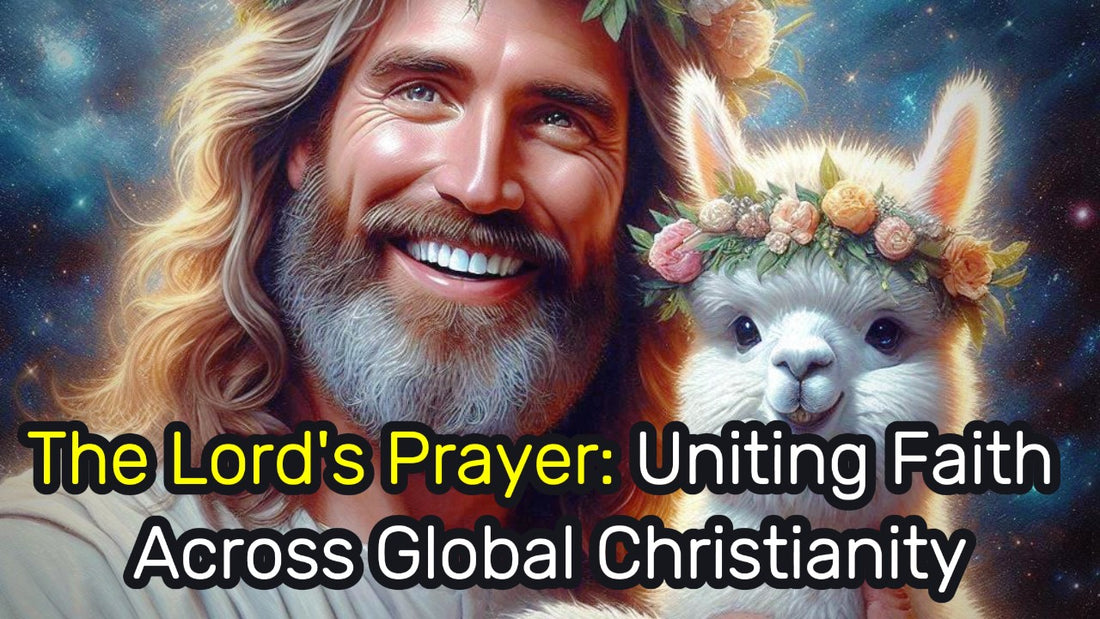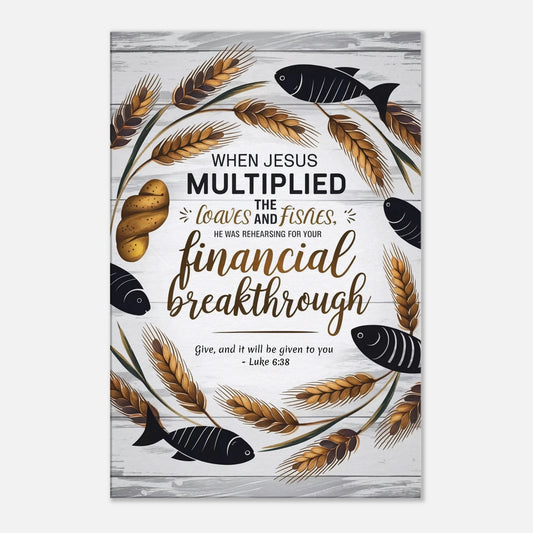
The Lord's Prayer: Uniting Christians Across Cultures and Denominations
The Lord's Prayer stands as one of Christianity's most cherished treasures, transcending denominational boundaries and cultural differences. Today, we'll explore how this ancient prayer continues to shape faith communities worldwide and inspire social action. Let's dive into this fascinating journey of faith!
Different Ways We Say "Our Father": Denominational Perspectives
You might be surprised to learn that not all Christians recite the Lord's Prayer exactly the same way! Here's how different Christian traditions approach this sacred prayer:
Catholic Version
Catholics typically include the line "and lead us not into temptation," following the traditional Latin translation. The doxology ("For thine is the kingdom...") isn't part of the standard Mass version but appears in other contexts.
Protestant Variations
Most Protestant denominations use "debts" or "trespasses," reflecting different translations from the original Greek. The doxology is commonly included, creating a more extensive ending than the Catholic version.
Orthodox Christian Approach
Eastern Orthodox Christians often use ancient translations closer to the original Greek text, emphasizing the prayer's mystical aspects and divine mystery.
A Global Family Praying Together: Cross-Cultural Perspectives
African Interpretations
In many African churches, the Lord's Prayer often includes rhythmic elements and communal responses, reflecting the continent's rich oral traditions. The line "give us this day our daily bread" frequently extends to community sharing and collective wellbeing.
Asian Adaptations
Asian Christians often emphasize the family aspects of "Our Father," connecting with traditional values of filial piety and communal harmony. Some communities add subtle bowings or gestures, bridging cultural reverence with Christian worship.
Latin American Expression
Throughout Latin America, the prayer often carries strong themes of liberation and community empowerment. "Your kingdom come" resonates deeply with hopes for social transformation and justice.
Praying for Change: Social Justice Implications
Breaking Bread Together
The prayer's request for "daily bread" challenges Christians to address hunger and poverty in their communities. Many churches worldwide use this verse as a foundation for food ministry and economic justice initiatives.
Forgiveness and Reconciliation
"Forgive us our debts/trespasses" speaks powerfully to social reconciliation and restorative justice. This portion inspires prison ministry and peace-building efforts globally.
Kingdom Values in Action
"Your kingdom come, your will be done" motivates Christians to work for:
- Environmental stewardship
- Economic equality
- Racial reconciliation
- Gender justice
- Peace initiatives
Modern Applications and Living Faith
Today's Christians find creative ways to incorporate the Lord's Prayer into:
- Social media ministry
- Community organizing
- Interfaith dialogue
- Environmental activism
- Mental health support
Did You Know? Fun Facts About the Lord's Prayer
- Ancient Origins: The oldest physical copy of the Lord's Prayer dates back to around 175-225 AD!
- Musical Legacy: Over 1000 musical compositions have been based on the Lord's Prayer, from classical to contemporary genres.
- Space Prayer: The Lord's Prayer was the first prayer broadcast from space during the Apollo 8 mission in 1968.
- Language Champion: The prayer has been translated into over 1,800 languages, making it one of the most translated texts in human history.
Moving Forward Together
The Lord's Prayer continues to evolve while maintaining its core message of faith, community, and justice. Whether whispered alone or proclaimed in massive gatherings, it remains a powerful tool for personal transformation and social change.
Remember, next time you recite these familiar words, you're joining a global chorus of voices spanning centuries and continents, all united in hope and faith for a better world.
Share your own experience with the Lord's Prayer in the comments below! How does your community uniquely express this timeless prayer?




